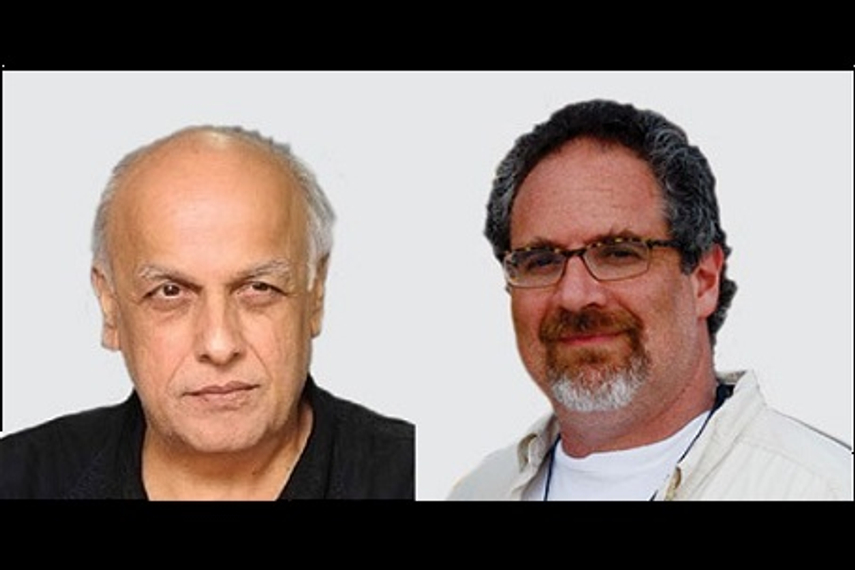
Please sign in or register
Existing users sign in here
Having trouble signing in?
Contact Customer Support at
[email protected]
or call+91 22 69489600
Second IAA Young Turks Forum featured film makers Stuart Sender and Mahesh Bhatt

Contact Customer Support at
[email protected]
or call+91 22 69489600
Top news, insights and analysis every weekday
Sign up for Campaign Bulletins
SOUNDING BOARD: From mourning the loss of legacy brands to asking tough questions, industry leaders reflect on the biggest news this week.
The AI-led rural activation in Uttar Pradesh enables homemakers to feature in personalised video stories celebrating their everyday ‘Josh’.
The collaboration connects Pexpo’s focus on sustainable steel bottle manufacturing with the film’s narrative of strength, discipline and conscious choices.
Emraan Hashmi and Raghav Juyal anchor the annual campaign as India’s data-led, creator-heavy listening habits take centre stage.